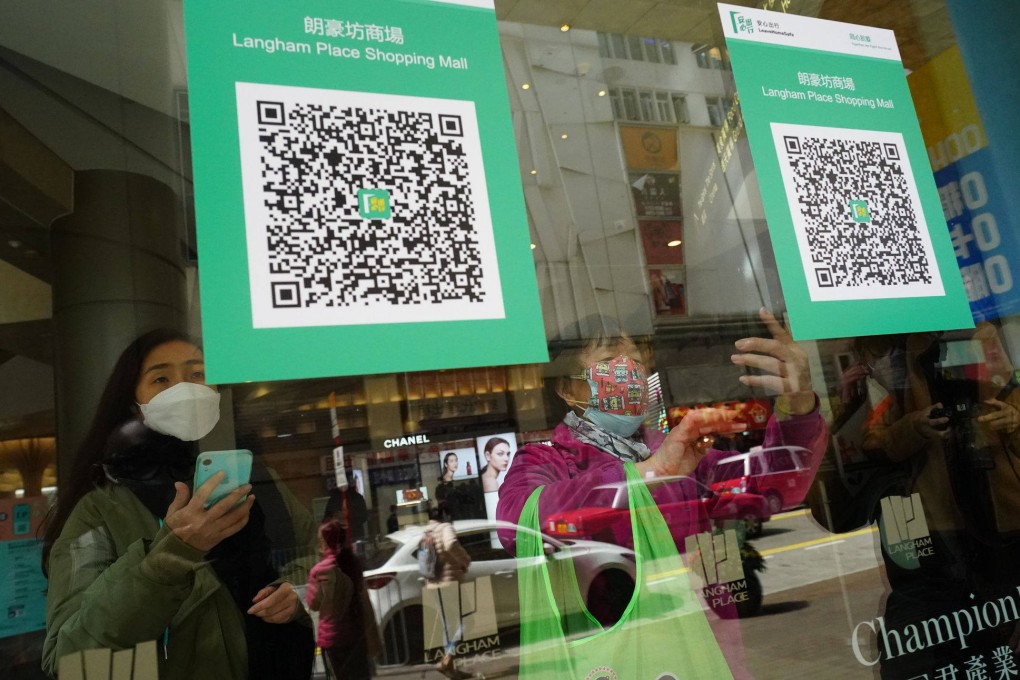Coronavirus: Hong Kong urged to allow antibody serology test results as proof of prior Covid-19 infection, ease vaccine pass concerns
- Residents unable to register previous infections on self-reporting system have expressed concern about getting vaccinated too soon after recovery
- Medical experts say antibody serology tests are an effective way to prove a prior infection and assess overall number of positive cases in Hong Kong

Health authorities have been urged to allow antibody serology test results to be used as proof of Covid-19 infection to help residents stuck in vaccine pass limbo and better gauge the number of positive cases in Hong Kong.
Residents unable to register their previous infections on the rapid antigen test (RAT) reporting system had expressed concern about getting vaccinated too soon after recovery, prompting calls from medical experts and a community leader for the government to help those caught in a bind.
Officials also admitted there were many unreported cases and that further analysis was warranted to ascertain the actual number of Covid-19 infections and the death rate in the city.
Under the vaccine pass scheme, those entering 23 types of premises, including restaurants and supermarkets, must have had at least one dose of a Covid-19 vaccine. By April 30, they need to have two doses, and by May 31, three. Recovered Covid-19 patients are exempted from vaccination for up to six months.
While children aged below 12 are not affected by the policy, schools will only be allowed to conduct full-day in-person classes if 90 per cent of their students have taken two doses of vaccines.
Residents who have registered their infection records can present paper documents to prove vaccine exemption when entering premises under the scheme.
Paul Zimmerman, Southern district councillor, said the government should allow people who did not manage to register their previous infections to upload their antibody serology test results.